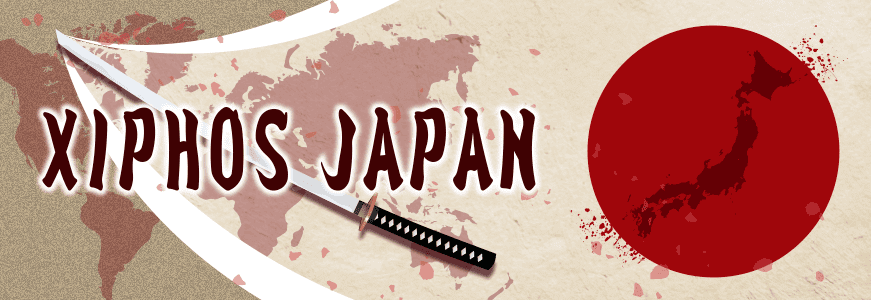
In 2015, Japan Post bought Thor Holdings, the largest Australian logistics company headquartered in Melbourne, Australia, for a whopping nearly 600 billion yen. Toll maintains a network of contacts in Australia, Europe, the United States and Asia. Therefore, in a logistics industry that is likely to grow thin in Japan alone, the acquisition of Toll, a well-known global logistics company with an established track record in international transportation, seemed to make sense as a corporate strategy.
However, I thought that the takeover of Thor by Japan Post looked very risky and that some operational problems would arise in the not too distant future. In more direct terms, overvalue. Why did they make an acquisition price far above market quotations? I wondered.
As a result, Japan Post’s consolidated financial results for the fiscal year ended March 2017 released last week showed a net loss of 28.9 billion yen, the first time it has fallen into the red since Japan Post was privatized. In Japan, Japan Post and other group companies have been performing well, and as of February, they were optimistic and expected to be in the black, but they turned out to be in the red.
The main reason for the fall into the red is that despite the huge amount of money spent on the acquisition, the company’s core business, Toll, fell into a slump, and sales fell sharply from the previous year’s ratio, dragging the company down in the aftermath. That extraordinary loss is a whopping 40.3 billion yen! The result is an unimaginable amount of loss for something you bought with plenty of internal reserves.
Why did such a major blunder occur? In a nutshell, I believe this is the result of the management of the Postal Service sparing no effort.
Usually some news or information hits the market on a more or less annual basis before a major acquisition of this class takes place. The normal procedure is to first make an equity investment, hold a percentage of the total shares, send in money and people, and then acquire and make it a subsidiary. There are not many examples of blitzkriegs that skip this kind of technique, and even if they did, they would not get good results afterwards. Unfortunately, Japan Post’s takeover of Thor was classified as a blitzkrieg, and the local newspaper in Australia also said that it was an out of the blue story, so what kind of company is Japan Post? This is the first time I’ve seen such a thing.
It took nearly 20 years for Kirin Holdings to acquire all of the shares in Australia’s long-established brewery Lion Nathan and make it a wholly owned subsidiary. On a side note, Kirin Holdings, which had a successful slow Japanese acquisition in Australia, made a different choice and rushed through the process than it did when it bought Lion Nathan, even though its acquisition of Brazilian brewer Skincariol resulted in huge losses.
There are various research methods and theories, but it is said that the survival rate of a Japanese company that goes overseas and continues its activities without withdrawing for a year is 5%. Even though we are from different countries, Westerners share a common language and culture at the root, but we Japanese are the first hurdle for them. We run into a language barrier. What awaits next is their culture. As a matter of fact, Westerners have a tendency to view the yellow race in a lowly light, and there are many cases where they are opposed to it. Even if Toll was acquired and an executive was seconded from the head office of Japan Post to become the head of the company, unless he or she was a good communicator and could join the society, he or she would become the head of the company in name only, and even though he or she invested a lot of money in the company, he or she would be able to move around without listening to the head office.
It is clear that the market in Japan will continue to shrink due to the declining birthrate. While finding sales channels overseas and acquiring foreign companies is an essential part of a company’s corporate strategy, it is also important to consider the choice of adopting a slow and steady approach that suits the Japanese temperament, rather than simply appropriating foreign-style mergers and acquisitions.







